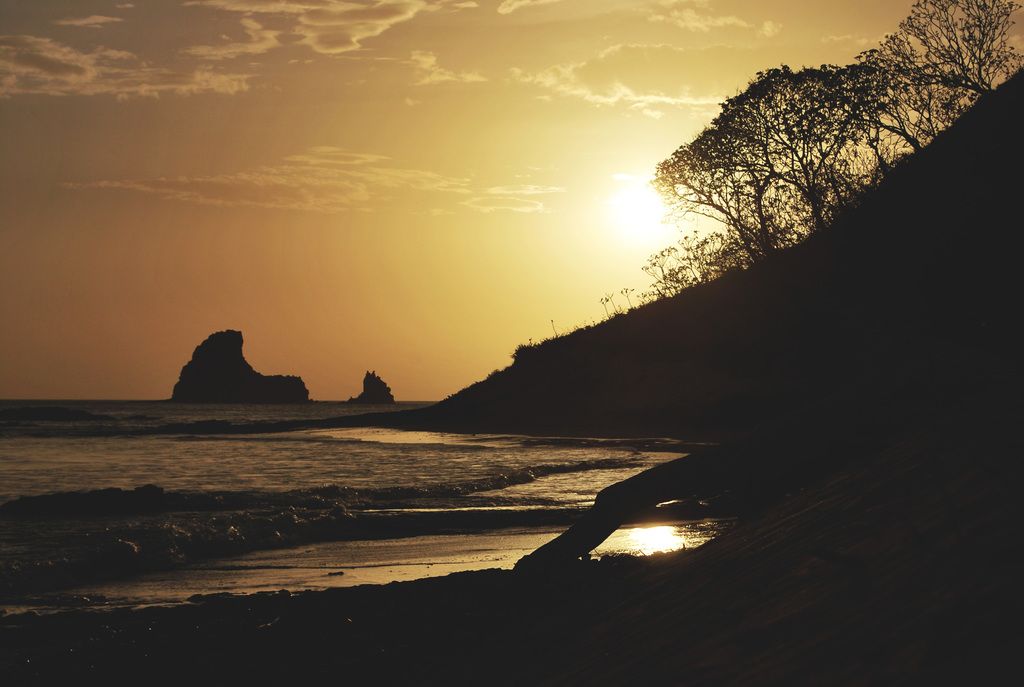Elderly members of the LGBTQ+ community share recollections of past struggles and triumphs
David Perry Reminisces About Gay Life in 80s Washington D.C.
David Perry, a 63-year-old public relations professional from San Francisco, fondly recalls his younger days in 1980s Washington D.C. - a metropolis that provided him with the freedom to embrace his true identity.
Born and raised in Richmond, Virginia, the nation's capital was a beacon of hope for Perry, where he could finally live openly. Meeting fellow gay individuals, securing a job at the National Endowment for the Arts, and losing his virginity in the city all took place within those vibrant years.
The city was bustling with gay men and women, Republicans and Democrats alike, many of whom were closeted - a common occurrence before the digital age. The LGBTQ+ community was far from openly embraced, with people often hiding their identities in public spaces like bars and clubs.
One vivid memory that remains etched in Perry's mind is a billboard near the Dupont Circle Metro station that displayed the number of AIDS deaths in the District. Intriguingly, the count started at three.
As World Pride, which celebrates LGBTQ+ culture and rights, comes to a close, advocates like Sophie Fisher, LGBTQ program coordinator for Seabury Resources for Aging, warn of a quiet crisis among the elderly LGBTQ+ community. At risk of being overlooked in the festivities, this generation could find itself marginalized within their own community.
Navigating Loneliness and Isolation
The challenges faced by senior members of the LGBTQ+ community can be numerous and overwhelming. As society places a high value on youth, the combination of aging and LGBTQ+ identity often leads to a population that struggles to thrive.
Older LGBTQ+ individuals are more likely to be estranged from their families and less likely to have children for support. Additionally, those who lived during the AIDS epidemic can face chronic loneliness and isolation due to the loss of their peers.
Beyond the emotional toll, many elderly LGBTQ+ individuals face financial struggles, as being openly queer may have led to unemployment or a lack of opportunities in the past. These circumstances can lead to poverty and other hardships as senior members of the LGBTQ+ community age.
Faced with these obstacles, some LGBTQ+ seniors turn to inclusive senior living facilities, like Mary's House in southeast Washington, which focuses on providing a supportive environment for LGBTQ+ individuals in their twilight years.
Bridging Generationalgaps
There is often a chasm between older LGBTQ+ individuals and the younger generations. As societal attitudes have evolved, younger people may take for granted the rights and protections that older generations fought tooth and nail to achieve.
Older community members may express frustration at the younger generation's seemingly carefree attitude, especially in contrast to their own experiences of struggle and perseverance. On the other side, the younger generation may not fully understand the history and significance of the battles fought by their elders.
Despite these generational differences, many hope to see the younger LGBTQ+ community embrace the spirit of activism and solidarity championed by those who came before. Sunday's March for Freedom is expected to reflect this defiant spirit, given the tense political climate and the loss of hard-won rights in recent years.
Resources for LGBTQ+ Seniors
Organizations like SAGE (Services and Advocacy for Gay, Lesbian, Bisexual and Transgender Elders) and Openhouse provide culturally competent services and advocacy for LGBTQ+ seniors. These organizations work to address the unique needs of this population and promote awareness and activism within the community.
[1] SAGE: https://www.sageusa.org/[2] Openhouse: https://openhouse-sf.org/[3] LGBTQ+ Friendly Retirement Communities: https://www.seniorsforlagbtqelders.org/find-lgbtq-senior-retirement-housing/[4] LGBTQ+ Elder Care Training: https://www.sageusa.org/programs-services/training-institute/[5] LGBTQ+ Senior Housing: https://www.buildingsolutions.usgbc.org/resources/then-now-and-next-lgbtq-elders-housing-strategy
[Enrichment]The challenges faced by retirement-age LGBTQ+ individuals range from social isolation to healthcare disparities, legal issues, and housing discrimination. Organizations like SAGE and Openhouse provide culturally competent services and advocacy to address these issues, while initiatives work to educate healthcare providers and long-term care facilities about the needs of LGBTQ+ seniors. Finally, awareness and activism are crucial in supporting and empowering LGBTQ+ elders.
- Science and research in healthcare and wellness sectors should prioritize understanding the unique health needs of aging LGBTQ+ individuals, considering the historical marginalization and stigma they have faced.
- Seattle has recently initiated a program focused on addressing the particular challenges faced by senior members of the LGBTQ+ community, providing transportation services to ensure their mobility and social connection.
- As politics influence societal attitudes towards the LGBTQ+ community, it is essential to raise awareness and advocate for policies that embrace and support the health, well-being, and rights of LGBTQ+ seniors, just as it is important to advocate for equal representation in all areas of society, including transportation, science, and policy-making.








